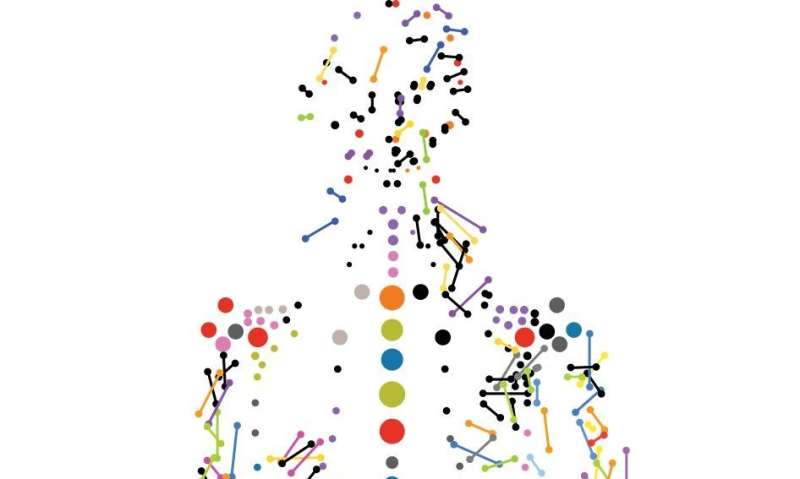Credit: CC0 Public Domain
An economic model by bioinformatics company Genpax published in Microbial Genomics concludes that in England the National Health Service (NHS) could save close to £0.5bn and prevent 1,200 avoidable deaths, and the US health system over $3bn and 4,800 deaths by implementing whole genome sequencing (WGS) as a tool to control bacterial health care-associated infections.
Health care-associated infections (HAIs) are a huge economic burden to global health care systems. They currently cost the English NHS over £3bn a year and the US health system over $18bn. While WGS has the potential to revolutionize how HAIs are controlled it has yet to be deployed widely. Genpax has built an extensive and detailed economic and health impact model to evaluate the potential impact of widely implementing a WGS-led intervention strategy in England and the U.S.
This economic model examined the potential for WGS to prevent outbreaks, safeguard vulnerable patient populations, substantially reduce the transmission rates of bacterial HAIs, and reduce the burden of antimicrobial resistance in health care settings.
Antimicrobial resistance (AMR) is where microbes become resistant to antimicrobials that would normally treat the infection. AMR is a serious global issue and was associated with nearly 5 million deaths worldwide in 2019 according to the CDC.
This model concluded that implementing this strategy could prevent 74,000 infections, equating to around 700,000 bed days and saving approximately £480 million for the NHS in England annually, yielding a return on investment of £7.83 for every pound invested in diagnostic WGS. Applying the model to the U.S. projected a net saving of around $3.2 billion and a greater return on investment of $18.74 for every $1 invested.
This economic model has major implications for health policymakers, health care leaders, and diagnostic providers as it shows the overwhelming benefits of the broad-scale deployment of this technology.
More information: John M. Fox et al, Economic and health impact modelling of a whole genome sequencing-led intervention strategy for bacterial healthcare-associated infections for England and for the USA, Microbial Genomics (2023). DOI: 10.1099/mgen.0.001087
Provided by Microbiology Society























